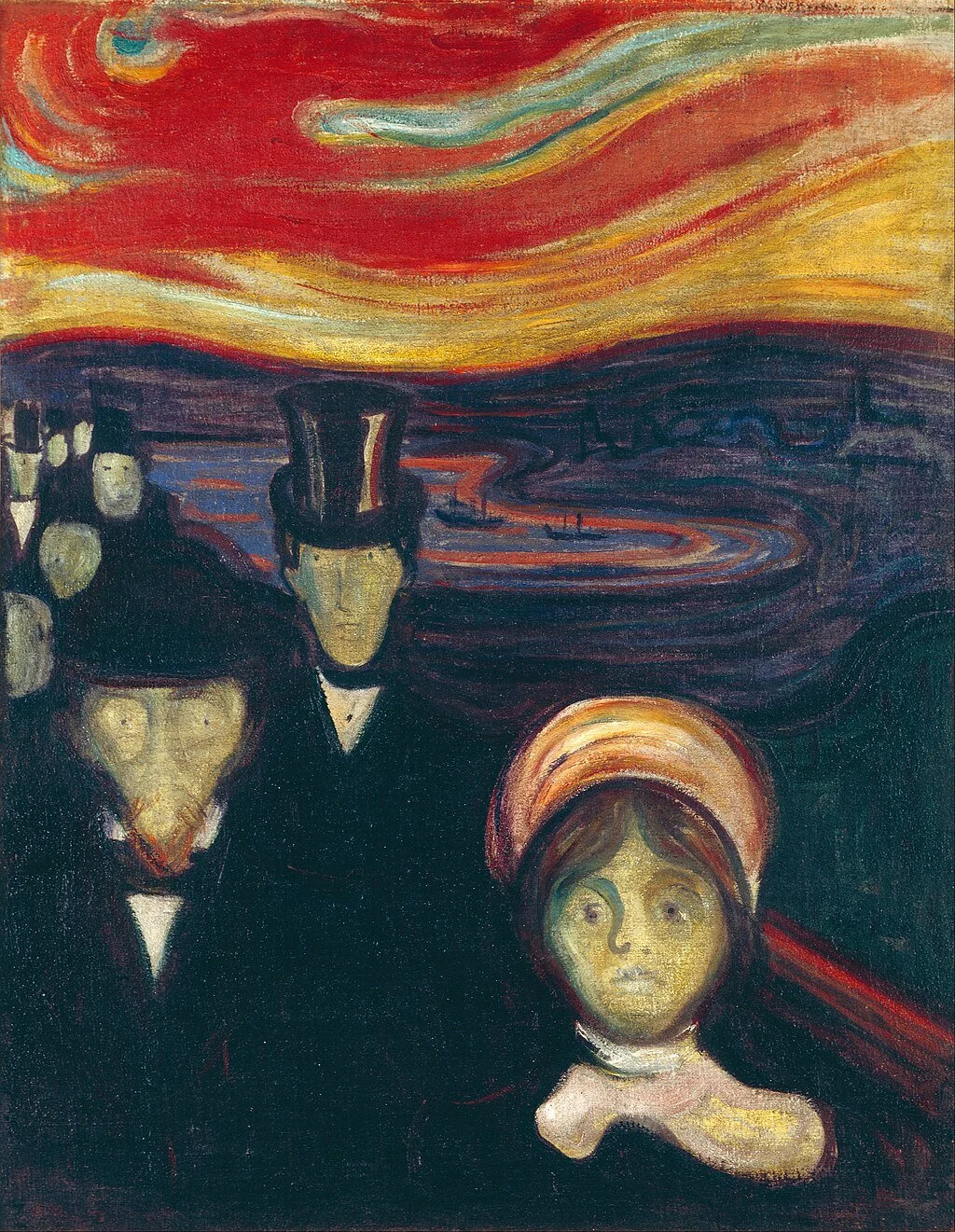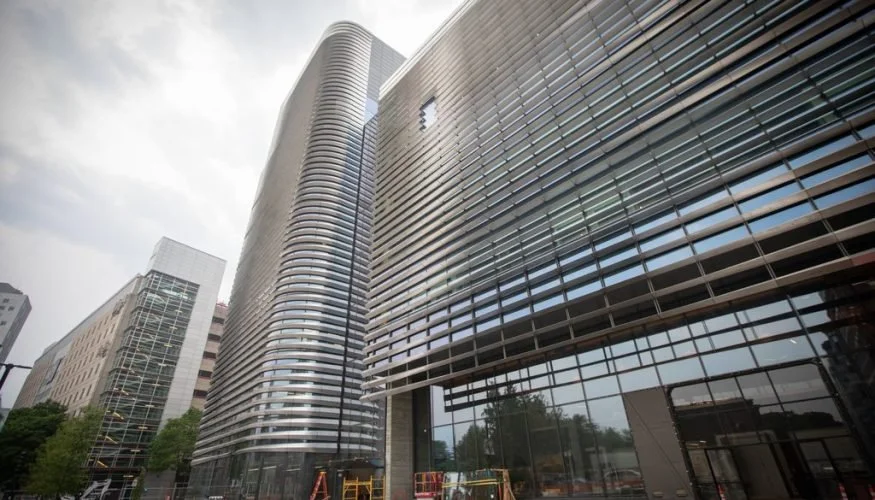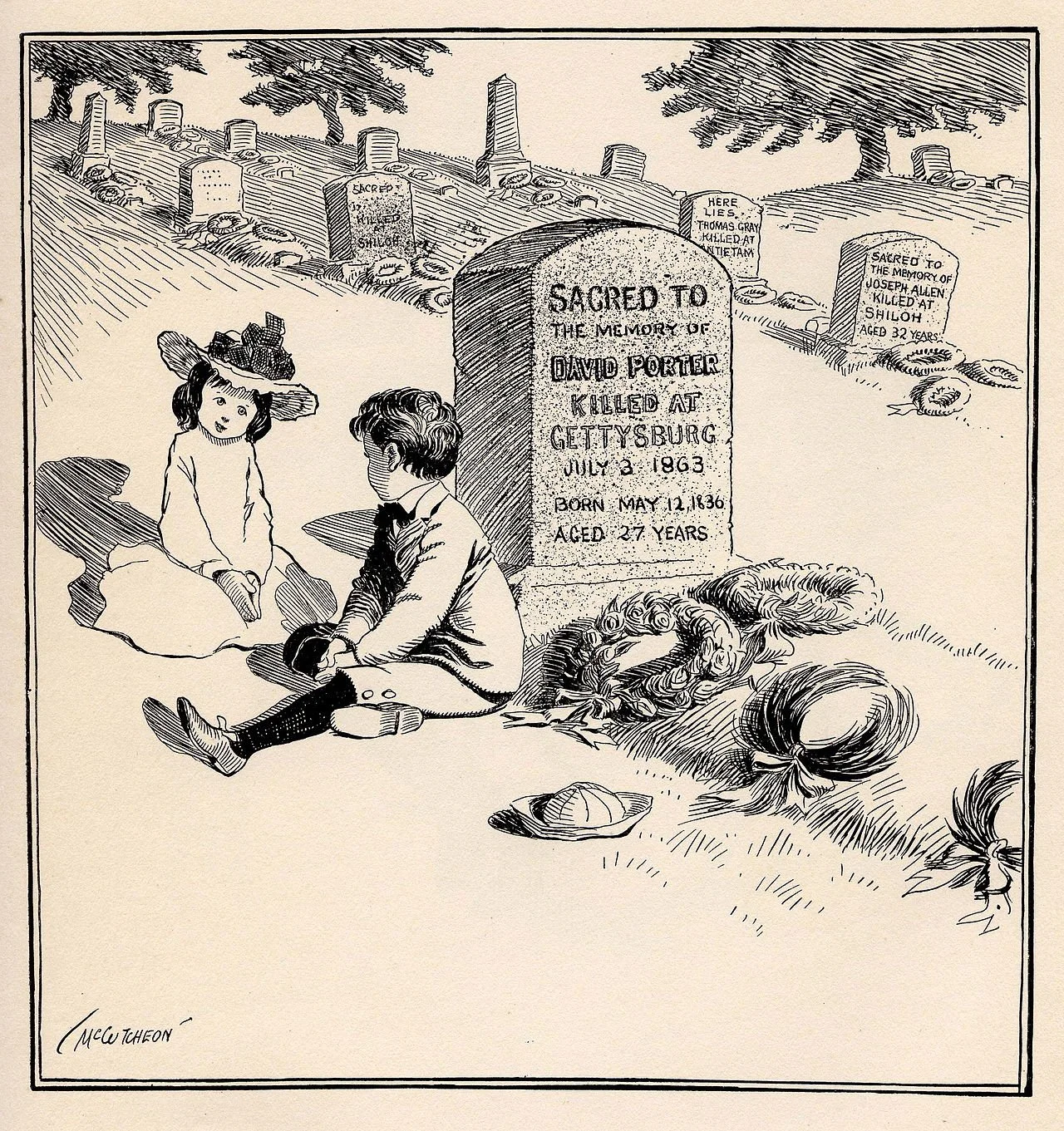MANCHESTER, Conn.
What is the public interest in unionizing government employees as they now are unionized in Connecticut?
The public interest in allowing private-sector workers to unionize is obvious. Without organized labor's countervailing force, big private business interests can gain control over communities, states and sometimes the whole country.
But the government is not a private interest. It represents everybody, so organizing against it -- rather than organizing against a particular administration -- is against the public interest.
Liberals used to agree. Even during the Great Depression, President Franklin D. Roosevelt opposed government employee unionism. So did New York Mayor Fiorello LaGuardia. They understood that coercion of the government by its own employees would subvert democracy itself.
But now liberals make common cause with government employee unions against the government. Even as Connecticut Democrats keep carping about the January "insurrection" in Washington by the crowd summoned by President Trump to protest the election results, Democratic state legislators are advancing a bill in the General Assembly to subvert state and municipal government. Their legislation would compel government agencies to stop being merely neutral about employee unionization and instead to coerce employees to join.
The legislation would direct state and municipal government agencies to sic unions on their new hires, notifying the unions of new hires, giving the unions the home contact information of new hires, inviting union representatives to orientation meetings, and providing work time for unions to propagandize new hires. All this would undermine a new employee's loyalty to his employer from the start.
There is no public interest in this. There is only a political interest -- the interest of Connecticut's Democratic Party in mobilizing government workers in support of the party's candidates.
There is already little management in government in Connecticut. Performance standards are low and the little discipline that is imposed is often weakened or nullified by the state Board of Mediation and Arbitration. This is not government of, by, and for the people, but government of, by, and for the unions -- and unlike the insurrection in Washington, this one, infinitely more subversive, is likely to be enacted while hardly being noticed.
xxx
Complaints of socialism are being hurled at the Biden administration by Republicans who think the label itself is enough, just as Republicans did back in the 1930s, '40s, and early '50s. But the label is not enough, and President Harry Truman, a Democrat, answered the Republicans well in October 1952 not long before he left office.
"'Socialism,'" Truman said, "is a scare word they have hurled at every advance the people have made in the last 20 years. Socialism is what they called public power. Socialism is what they called Social Security.
"Socialism is what they called farm price supports. Socialism is what they called bank deposit insurance. Socialism is what they called the growth of free and independent labor organizations.
“Socialism is their name for almost anything that helps all the people.”
But socialism isn't always progress, for Truman's list was incomplete.
Socialism is also perpetual stupid imperial wars. Socialism is government bailouts for crooked investment banks. Socialism is excessive salaries and unaccountability for government employees. Socialism is government's award of privilege to racial and ethnic groups.
Socialism is government's pretense that men can be women and its requiring women's sports to admit men. Socialism is the government's paying people not to grow crops and now even paying them not to work.
That is, socialism is anything the government does in the name of progress, and since some of it is good and some isn't, the word is meaningless as an epithet.
The serious issue here is something else. According to the U.S. Commerce Department's Bureau of Economic Analysis, government now is the direct source of more than a third of the country's personal income.
So does the country still want a free-market economy with a dominant private sector, or does it want government to control more than it already does?
Chris Powell is a columnist for the Journal Inquirer, in Manchester.

















